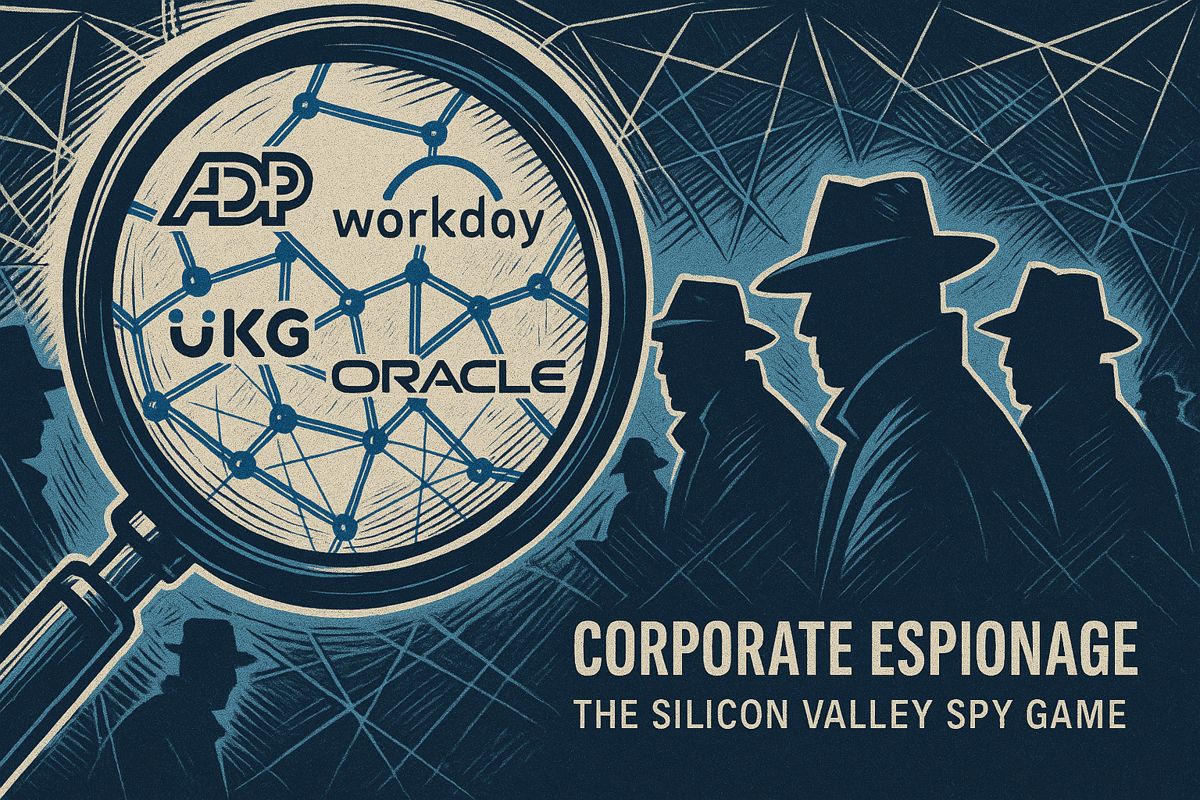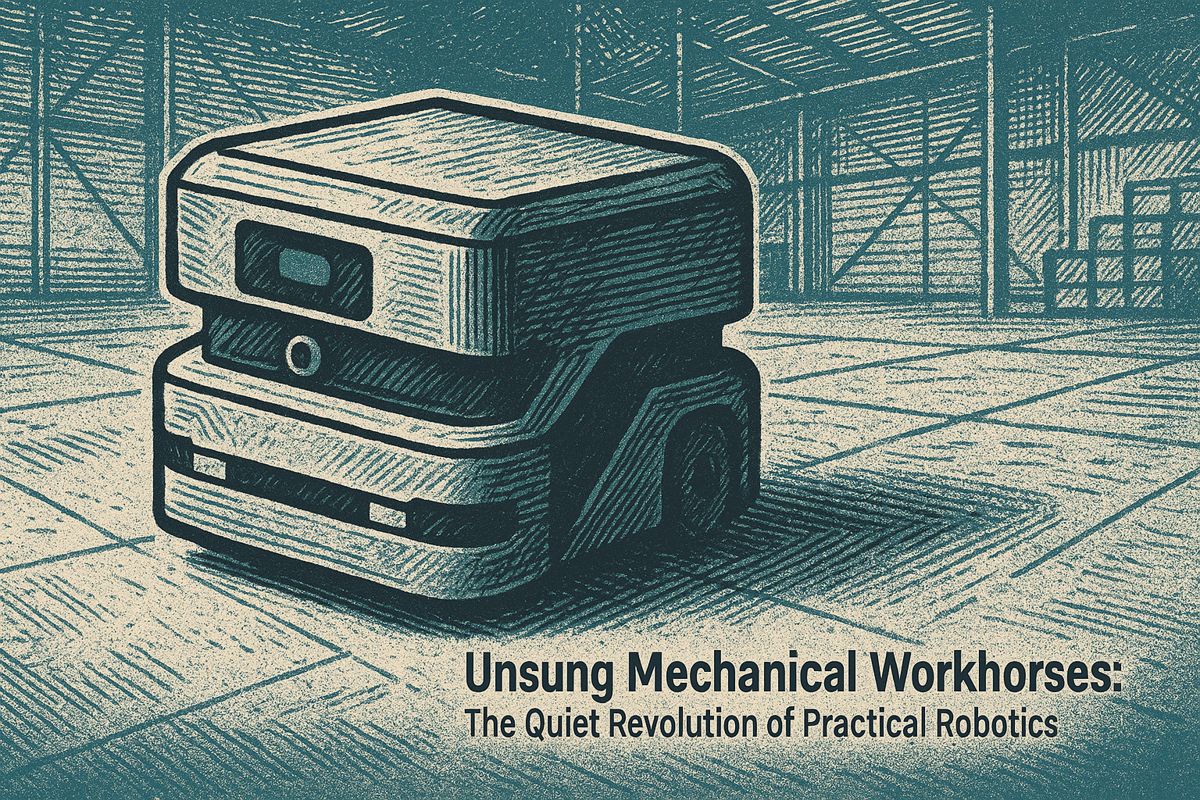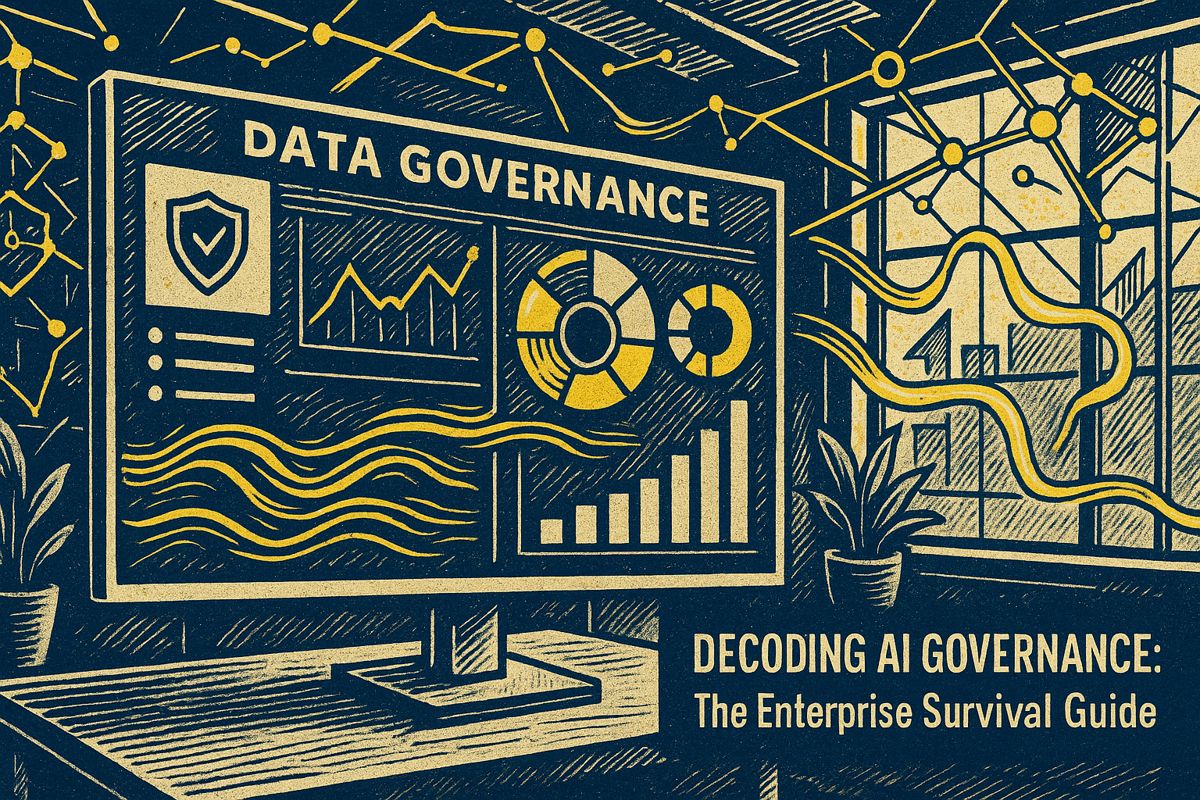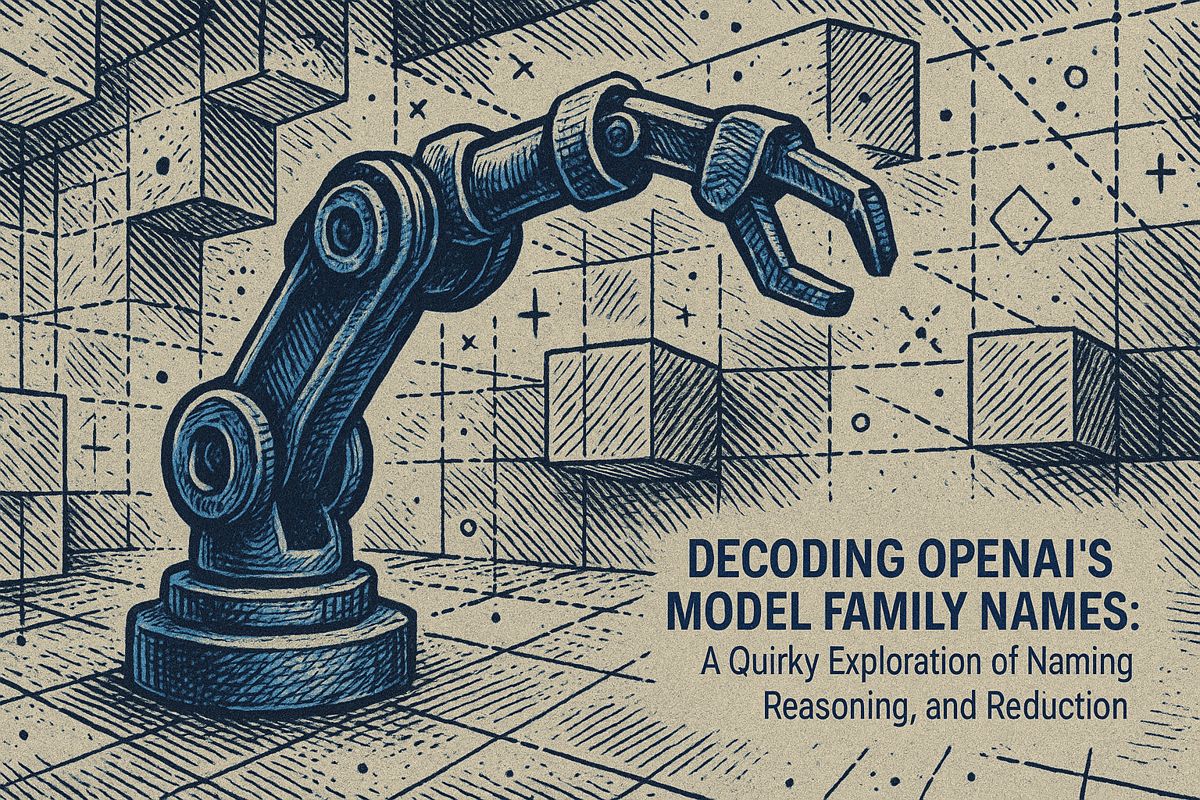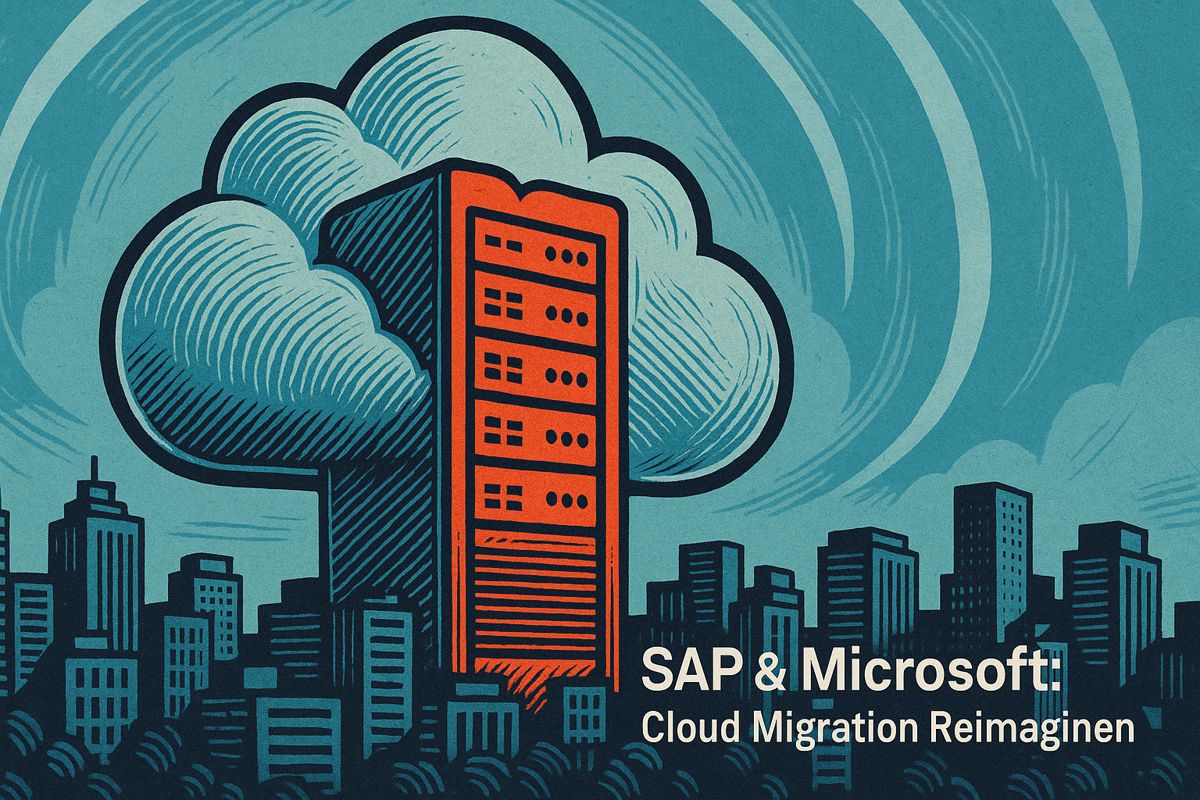Here’s the text with the most important phrase emphasized in markdown bold:
In the high-stakes world of HR tech, Deel and Rippling are locked in a fierce legal battle over allegations of corporate espionage. The conflict involves claims of unauthorized data searches, including thousands of Slack investigations and demo request examinations, with both companies pointing fingers and launching countersuits. At stake are billion-dollar valuations and the fragile trust that underpins the tech industry, where proprietary information is as valuable as gold. The dramatic saga has caught the attention of investors and competitors, revealing the thin lines between competitive intelligence and outright theft. As investigations continue, the HR tech ecosystem watches with a mix of curiosity and apprehension, wondering how this corporate drama will ultimately unfold.
What is the Corporate Espionage Dispute Between Deel and Rippling?
Deel and Rippling are embroiled in a high-stakes legal battle involving allegations of corporate espionage, with claims of unauthorized data searches, confidential information breaches, and potential trade secret theft in the competitive HR tech industry.
When the Past Echoes in the Present
Sometimes, late at night, I’ll scroll through HR tech headlines out of pure habit – or maybe it’s a weird nostalgia for my years navigating payroll labyrinths and signing contracts in echoey Berlin cafés. Last week, one headline in particular made my coffee go cold: Deel and Rippling entangled in what might be the most intricate corporate espionage case since the salad days of dot-com skulduggery. The memory of an old co-founder (the type who’d pilfer both leads and espresso pods with the same stealth) bubbled up, but even my most paranoid startup days didn’t prepare me for the scope of this storm.
I remember when, at a scrappy SaaS outfit, we caught a competitor lurking in our product webinars, hiding behind a name straight from a Dickens novel. The sales lead raged. The CEO summoned a “war room.” Logs, IPs, screenshots – we dissected it all with clinical precision, but the aftertaste of suspicion lingered. Trust in tech, I’ve learned, shatters faster than a dropped phone on a Lisbon cobblestone.
But back to the present. This saga between Deel and Rippling? It’s more than just a petty spat. With valuations that would make Croesus blush (Rippling at $16.8 billion, Deel at $12 billion, to be precise), there’s real electricity in the air – the kind that crackles right before a summer thunderstorm.
The Anatomy of a Corporate Thriller
So, what’s actually happening? Here are the facts, and I promise you – this is not an “illustrative” setup. Rippling has fired a legal broadside at Deel, accusing it of corporate espionage. The claims are specific, bordering on cinematic: an alleged mole named Keith O’Brien, thousands of data searches, hundreds of demo requests examined in a single day, and troves of confidential Slack data surfacing in suspicious places. I mean, 6,000 Slack searches? That’s not curiosity; that’s practically an archeological dig.
Deel, for its part, flatly denies everything and has launched a countersuit, painting Rippling as the retaliator and even hinting at its own brushes with infiltration. There’s a certain Socratic irony in both sides pointing fingers, each trying to seize the moral high ground. Reports from The Information and Axios have added fuel, noting ongoing federal investigations and confirming that yet another startup, Toku, has lobbed accusations of trade secret theft at Deel. Globalization Partners, too, is reportedly peering nervously at its firewall logs.
The whole affair is a study in paranoia and procedural drama. I can’t help but wonder – does someone out there actually enjoy trawling through 728 demo requests in a day, or is it just the price you pay at the peak of the HR tech arms race? The whir of Slack notifications, the cold blue glow of a monitor at 2 a.m., the faint smell of burnt toast – sensory reminders that for some, this is more than business. It’s battle.
Trust, Turbulence, and Tech’s Fragile Heart
Why does this matter so much? In the rarefied air of global HR tech, information is currency, and proprietary data is the crown jewel. When customer demos, sales notes, and internal chats can be turned into competitive weapons, the playing field gets warped. A single breach – or even the suspicion of one – can leave reputations shredded and valuations teetering like a Jenga tower one block from collapse. It’s anxiety-inducing, honestly. Even now, I occasionally double-check who’s logged into our shared drives, a habit I can’t seem to shake.
Deel has responded by rolling out new compliance frameworks and inviting third-party audits – an open invitation for watchdogs to sniff around. It’s a bit like patching up a castle after the battering ram’s already dented the gate, but at least they’re not ignoring the elephant tap-dancing in the boardroom. On the other side, Rippling’s legal offensive feels designed to control the narrative as much as the outcome. If you can’t win in court, maybe you can win in the court of VC opinion. After all, every Andreessen Horowitz partner is watching, and nobody wants to back a sinking ship.
And here, I’ll admit: I once thought compliance was just a box to tick. Now, with every new headline, I realize it’s the secret handshake that decides who sits at the grown-ups’ table in tech. Learning’s a slow, humbling process; at least I’ve stopped thinking a strong password solves everything.
Lessons Beyond the Lawsuit
What strikes me most, as this drama unfurls, is the sheer emotional charge pulsing through the HR tech ecosystem. The accusations feel almost operatic, with details emerging like thunderclaps. There’s a kind of nervous awe in the sector – a sense that the walls between competitors are thinner than anyone wants to admit.
As new claims pile up and investigations crawl forward, the battle lines are as vivid as the neon lights in Shibuya at midnight. Toku, Globalization Partners, Deel, Rippling – the names read like a cast list from a legal thriller, but the stakes are as tangible as a missed payroll run or a lost client. I confess, a small part of me relishes the drama, if only because it makes my own startup scars seem, in hindsight, almost quaint.
So what’s next? I guess we’ll all be watching, half-curious and half-apprehensive, as the giants of HR tech play chess with live ammunition. For now, trust feels like a rare metal: valuable, volatile, and oh-so-easy to lose.
Ah, tech. It never fails to surprise…

